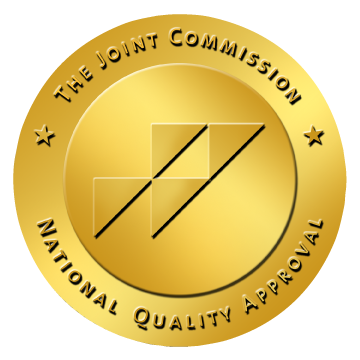In recent years, the world has witnessed an alarming increase in opioid-related deaths, largely resulting from the rise of fentanyl. Fentanyl, a synthetic opioid, was initially developed for medical purposes, primarily to manage severe pain in cancer patients. However, its illicit production and distribution have made it a deadly drug that poses a significant threat to public health. Shedding light on the addictive and deadly nature of fentanyl can help combat the opioid crisis and save lives.
Fentanyl is an extremely potent synthetic opioid, estimated to be 50 to 100 times more potent than morphine in its pharmaceutical form. However, illicitly produced fentanyl, often mixed with other drugs or sold as counterfeit pills, can be significantly more potent, making it incredibly dangerous and unpredictable. A minute amount of fentanyl can induce a lethal overdose, making it a ticking time bomb for those who consume it unwittingly.
Fentanyl’s potency and the rapid onset of intense euphoria make fentanyl highly addictive. Tolerance to fentanyl can develop rapidly, often occurring within days to weeks of regular use. As users build tolerance, they require higher doses to achieve the same level of effect, which can increase the risk of overdose. Dependence can also develop relatively quickly as the body adapts to the presence of fentanyl, further driving the cycle of addiction.
The intense euphoria that fentanyl provides is one of the primary reasons individuals become addicted to it. Users experience a rapid onset of effects, leading to a powerful and short-lived high, often leading to a desire for more frequent use. However, the more a person uses fentanyl, the higher their tolerance, prompting them to increase their dosage. This dangerous cycle drives users towards addiction while increasing the risk of overdose.
Fentanyl has infiltrated the illegal drug market, finding its way into drugs like heroin, cocaine, and counterfeit pills, without user knowledge. Street dealers often mix fentanyl with other substances to stretch their product, amplifying its potency without disclosing the dangerous content. This distribution has led to numerous accidental overdoses, as unsuspecting users have no idea they are consuming fentanyl.
Yes, fentanyl is indeed deadly, and its potency makes it one of the most dangerous opioids available. Because of its extreme potency, even a small amount of fentanyl can lead to a lethal overdose. Illicitly produced fentanyl, often found in the illegal drug market or mixed with other substances without the user's knowledge, poses an especially high risk. The rapid onset of effects and intense euphoria makes it highly addictive, leading users to take higher and riskier doses, further increasing the likelihood of overdose and death.
Fentanyl's involvement in the opioid crisis has resulted in a surge of overdose deaths worldwide. In many cases, individuals who consume drugs unknowingly laced with fentanyl face a significantly higher risk of fatal overdose. Additionally, those with a tolerance to opioids, including prescription opioids, may unknowingly consume fentanyl when seeking more potent substances, leading to tragic consequences. The deadly nature of fentanyl emphasizes the urgent need for comprehensive public awareness, harm reduction strategies, and access to addiction treatment to address the ongoing fentanyl epidemic and reduce its devastating impact on individuals and communities.
Fentanyl addiction and overdose are life-threatening consequences of its potent nature. The drug's intense euphoria and rapid onset can lead to addiction as users seek more frequent and higher doses. Fentanyl overdose, even from a small amount, can cause respiratory depression and fatal consequences. Identifying the signs of addiction and overdose is crucial in preventing tragedies and providing timely intervention.
Common signs of fentanyl addiction include:
Signs of fentanyl overdose often include:
If you suspect someone is experiencing a fentanyl overdose, call emergency services immediately, as prompt medical attention can be lifesaving. Additionally, if you or someone you know is struggling with fentanyl addiction, seeking professional help and support is essential to begin the recovery journey.
Addressing the fentanyl crisis requires a multifaceted approach involving governments, healthcare professionals, law enforcement, and communities. Several strategies have been proposed and implemented to mitigate the impact of fentanyl on society. These include:
Fentanyl's addictive and deadly nature has turned it into a global crisis, leaving a trail of devastation in its wake. The potency of this synthetic opioid, combined with its prevalence in the illegal drug market, has led to a sharp increase in overdose deaths. To combat this crisis, collaborative efforts are required from all sectors of society. Here at New England Medical Group, we believe in doing our part. Through education, treatment, counseling, and harm reduction, we work to bring hope to those ensnared in its deadly grip.
